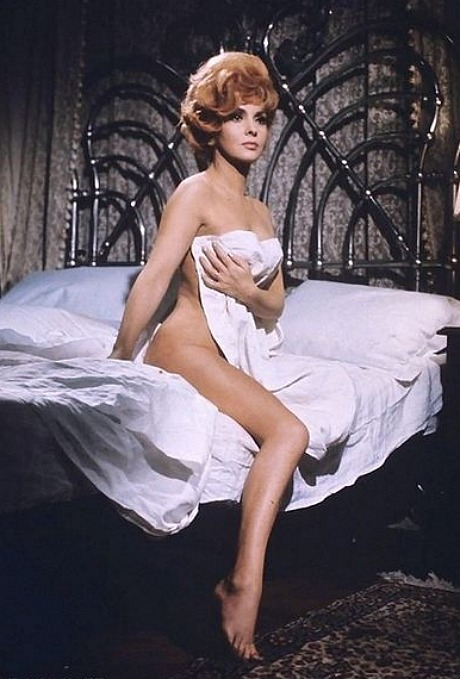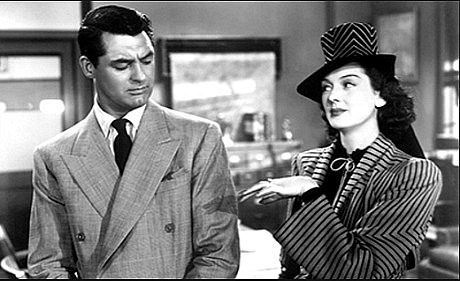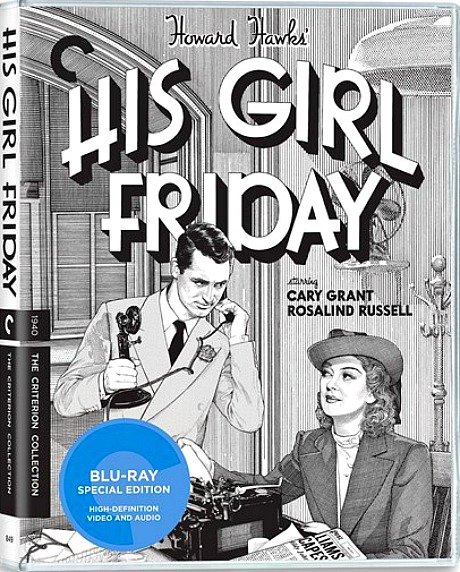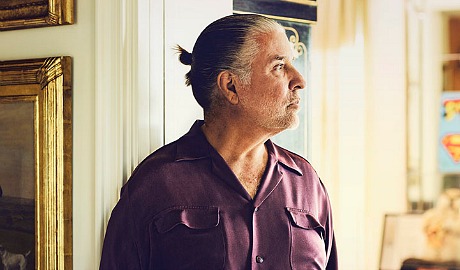Last night I caught a screening of Bullitt at the American Cinematheque Egyptian. I was fearful when I read it would be shown in 35mm, but the print was fairly pristine. (If a wee bit faded.) And I was especiallly pleased that it was being shown in 1.66:1 — the finest non-Scope aspect ratio, the a.r. of the Godz, HE’s own, etc.
If one of the leading 1.85 fascists had been there with me (Bob Furmanek, say, or Pete Apruzzese), they would’ve sat bolt upright and said “whoa, wait a minute…theatres projected mainstream non-Scope studio films exclusively in 1.85 starting in mid-1953, and Bullitt was released in ’68 or 15 years after the big aspect ratio changeover so what is this?”
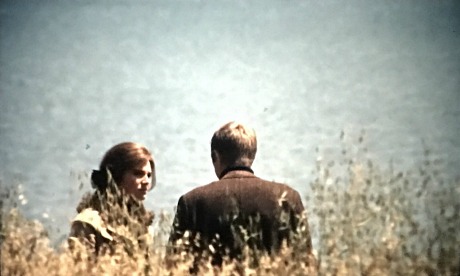 Bullitt
Bullitt in 1.66:1 as projected last night at the American Cinematheque Egyptian.
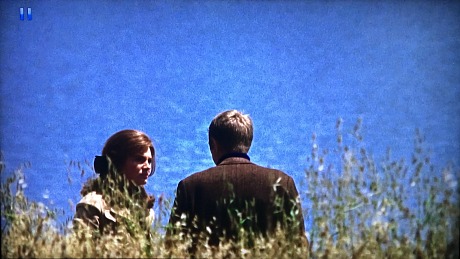
Same scene at 1.78:1 as presented on the Warner Home Video Bluray — the richer Bluray colors are par for the course.
I went to the lobby and asked to speak to the projectionist. The manager declined (there must be some ironclad rule about protecting projectionists from the rabble) so I asked if he’d ask the projectionist himself if Bullitt was indeed being shown at 1.66, and if so, why not the allegedly uniform standard of 1.85? I didn’t say “the 1.85 fascist cause hangs in the balance” but that’s what I was thinking. Nor did I say “Bob Furmanek and Pete Apruzzese are going to be very upset if you come back with the wrong answer.”
The manager returned three minutes later and said the projectionist wasn’t in the booth. So I went up to the balcony and noticed an older, cool-looking guy standing near the booth. “Are you the projectionist?” I whispered. ‘Yeah,” he said. “I think it’s really great that you’re showing this in 1.66,” I said. He said that 1.66 was a suggested format or that it looked best that way or something like that. I wanted to give him a hug. Every hateful emotion I’ve felt over the years while dealing with Furmanek, Apruzzese and the rest of those Home Theatre Forum fascists just flew away and were replaced by a feeling of warmth and comradeship.
Read more
